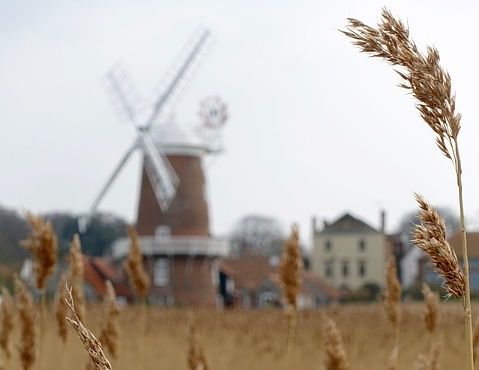More and more Danish farmers are turning to organic produce these days, and that is reflected in the amount of farmland in Denmark dedicated to organic farming.
From 2015-2016 the amount of land used for organic farming in Denmark increased by 21 percent, so now a record 8 percent of all farmland in Denmark is organic.
“The organic production area increased by 36,986 hectares from 31 May 2015 to 31 May 2016 and the total reported organic land was at 216,794 hectares last year,” a new report from the Food and Climate Ministry (here in Danish) documented.
READ MORE: Beet it Denmark! Soon you can have an organic sweet tooth
Needs improvement
The increase in organic food is most likely down to a mix of rising demand worldwide and poor earnings for traditional agriculture in Denmark for a number of years.
But being organic isn’t necessarily a boon for the environment on all fronts, and according to Lizzie Melby Jespersen, a researcher at the International Centre for Research in Organic Food Systems, more research into the organic arena is needed.
“It would be a benefit for the environment and biodiversity to restructure a larger area to organic land, because in organic agriculture it is forbidden to use synthetic pesticides that reduce the biodiversity of plants, animals and micro organisms,” Jespersen told DR Nyheder.
“But we need a new organic research program so we can increase the yields, farm animal health and welfare while reducing the risk of leaching and evaporation of nitrates.”
Over the past year, 537 new organic farmers popped up in Denmark, so the nation now has a total of 3,173.














